29, May 2018
Mozambique: Suspected militants behead 10 people 0
Suspected militants have attacked a small village in northern Mozambique and beheaded at least ten people, including children, officials have publicly announced.
Local sources said on Tuesday that suspected militants had attacked the Monjane Village during the weekend.
Details were scarce.
“We were informed about this tragedy,” AFP quoted the administrator of the town of Palma, David Machimbuko, as saying.
The country’s state broadcaster reported that “10 persons [were] decapitated” in the Palma area.
Police have not provided further information but are expected to give a news conference later on Tuesday.
One of the victims of the attack is said to be the chief of Monjane Village, according to a local resident.
“They targeted the chief as he had been providing information to the police about the location of al-Shabab in forests,” said the resident.
He was referring to a terrorist group believed to have been responsible for a deadly attack on a police station and military post in the town of Mocimboa da Praia in October last year. Al-Shabab has pledged allegiance to the al-Qaeda terrorist group and is mainly based in Somalia.
The scene of the recent attack, Monjane, is located not far from Palma, in da Praia district, which is planned to become the country’s new natural gas hub. Last year, the government announced plans to build a commercial port in Cabo Delgado Province.
But several attacks have so far been reported in the area, prompting security concerns for investors in the country. Mozambique is one of the world’s poorest countries.
Culled from Presstv

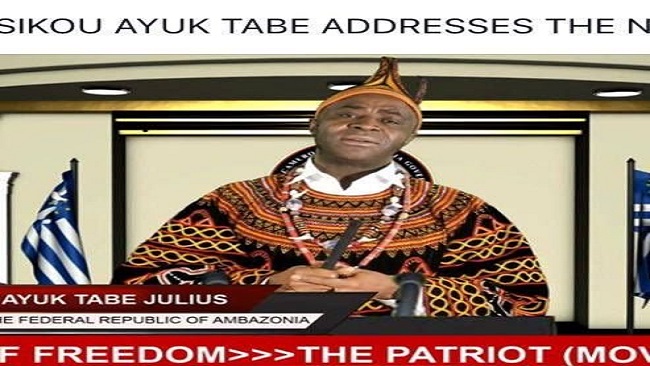


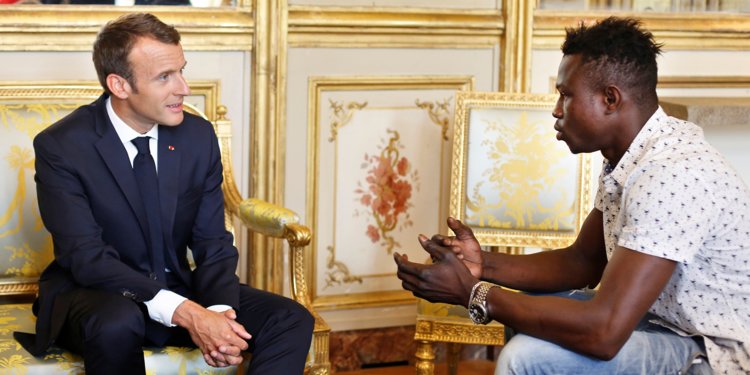


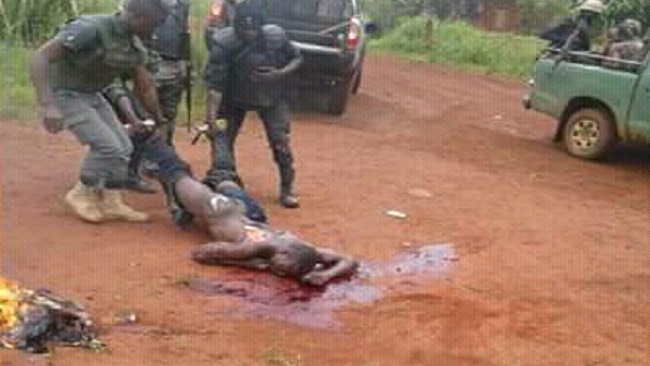
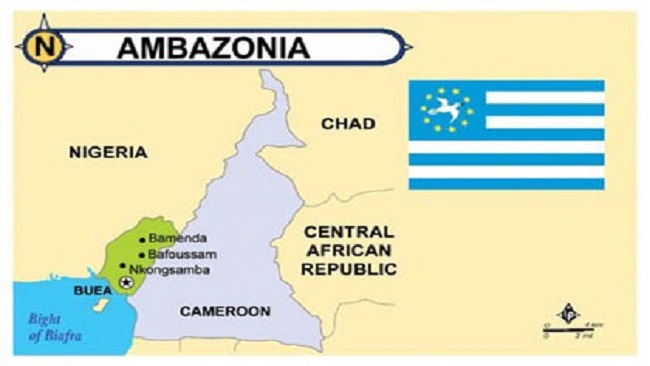


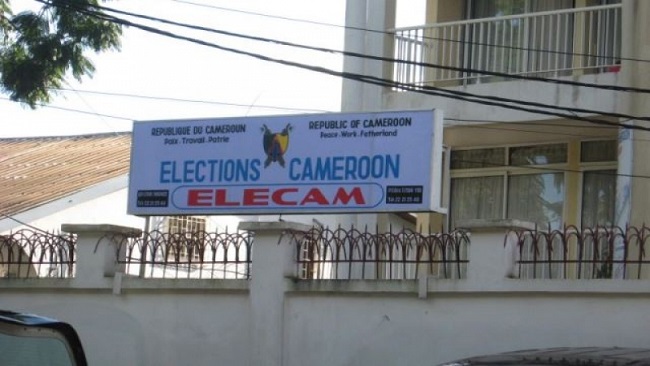












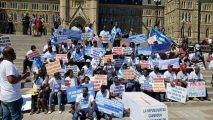
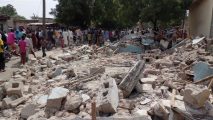
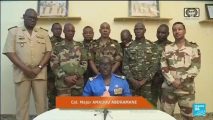


29, May 2018
Biya regime says Menka death toll from “clashes” rises to 32 0
The death toll from a firefight in an English-speaking region of Cameroon shaken by an armed separatist campaign stands at 32, including five “hostages,” the government said.
The clash erupted at a motel last Friday in Menka, in the Northwest Region — one of two regions gripped by fighting over the last eight months.
“Twenty-seven terrorists (were) neutralised” by a 30-member special unit of police and troops, government spokesman Tchiroma Bakary, who is also communications minister, said late Monday.
The group, which were attacked at a hotel, was an “armed gang” that for months had been “sowing terror and desolation” in the region, killing gendarmes and carrying out kidnappings, rape and extortion, he charged.
Out of “15 hostages” taken by the group, five died, all of them at the hands of the attackers, he said.
About a fifth of French-speaking Cameroon’s population of 22 million is anglophone.
For years, resentment built among anglophones, fostered by perceived marginalisation in education, the judiciary and the economy at the hands of the French-speaking majority.
Demands for greater autonomy were rejected by 85-year-old President Paul Biya, in power for more than 35 years.
The crisis escalated last October after the declaration of the self-described “Republic of Ambazonia” in the Northwest and Southwest Regions, causing scores of deaths and prompting tens of thousands to flee their homes.
Human-rights watchdogs point to a range of abuses, including abductions and targeted killings.
Security forces found five pump-action shotguns, of a type only used by special forces, as well as 17 combat guns and 10 hunting rifles, about 30 military uniforms as well as five berets “which belonged to police and gendarmes who were shot dead in cold blood by the same terrorists,” Tchiroma said.
He denied “allegations that the Cameroonian army carried out a massacre on the civilian population”.
Tchiroma said images of the dead at Menka have been widely distributed on social media, prompting human-rights watchdogs and opposition politicians to voice outrage.
Nji Tumasang, an MP with the English-speaking opposition Social Democratic Front (SDF), speaking after a party delegation visited Menka on Saturday, said 22 people had been killed.
Their identity was unclear, but villagers said they were criminals, not “terrorists” as the army had said, Tumasang said.
Cameroon’s linguistic division dates back to the colonial period. It was once a German colony and was divided between Britain and France after World War I.
In 1960, the French part gained independence, becoming Cameroon, and the following year, the British-ruled Southern Cameroons was amalgamated into it, becoming the Northwest and Southwest Regions.
According to the International Crisis Group (ICG) think tank, “at least 120” civilians and “at least 43” security forces have been killed since the end of 2016.
The UN’s Office for the Coordination of Humanitarian Affairs (OCHA) says around 160,000 people have been internally displaced and 20,000 have sought refuge in neighbouring Nigeria as a result of the violence.
Source: AFP